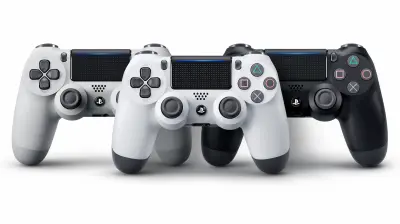The Link Between Gaming and Group Decision-Making
5 August 2025
Let’s be real for a second—games are no longer just about who's got the fastest trigger finger or the highest score. Over the years, they’ve evolved into complex ecosystems that simulate real-life scenarios, throwing players into situations where split-second decisions and teamwork are the keys to survival. Now, here's the million-dollar question: Can gaming actually improve the way we make decisions as a group?
It might sound like a stretch, but stick with me. Whether you’re pushing through a raid in World of Warcraft or planning your next heist in GTA Online, these virtual experiences could be shaping how we communicate, negotiate, and decide under pressure. In this deep dive, we’re going to unpack the fascinating connection between gaming and group decision-making. Buckle up, because it's more than just pixels and power-ups.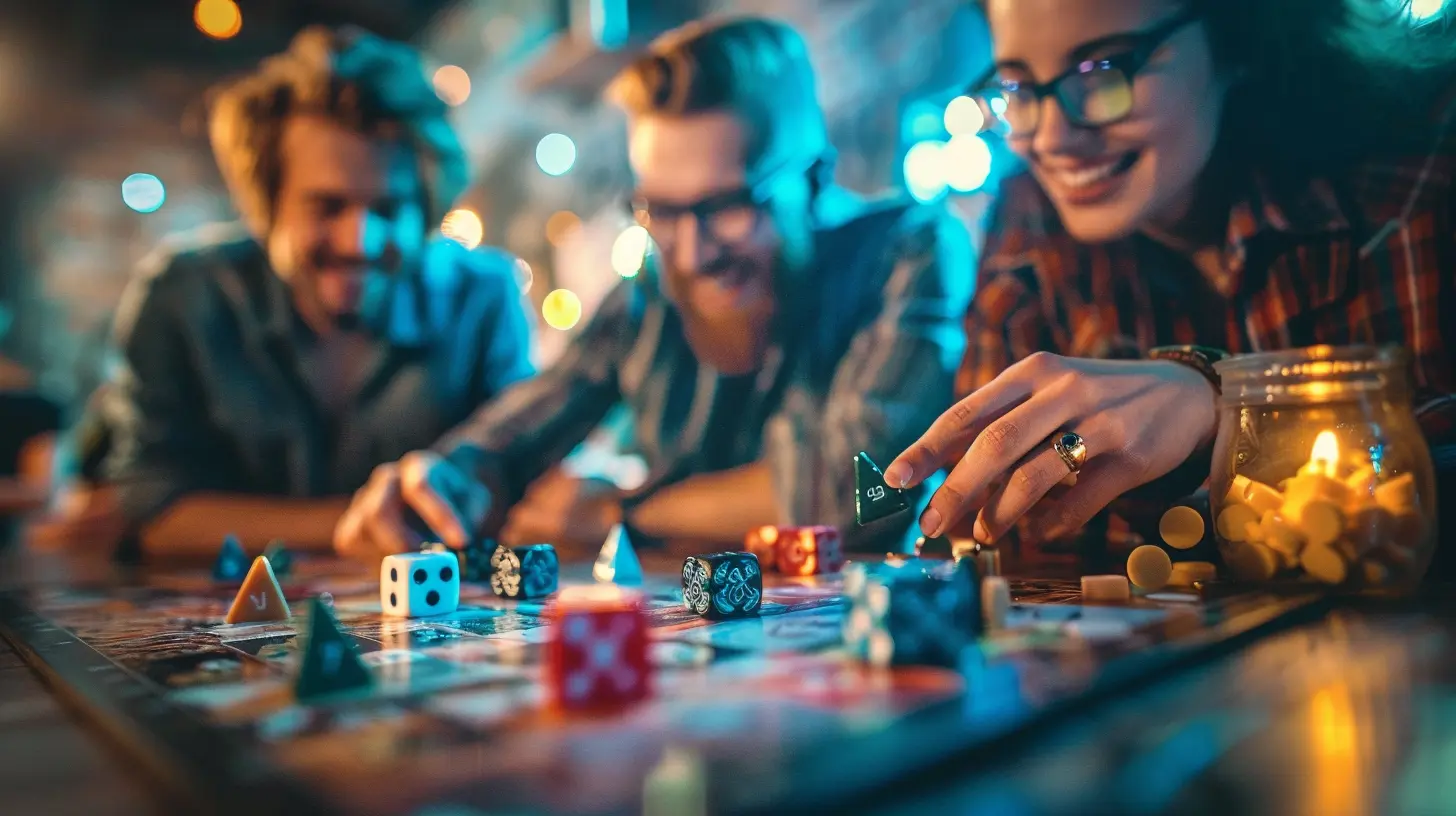
Table of Contents
- Why Group Decision-Making Matters- Gaming: The Unexpected Training Ground
- Types of Games That Promote Group Thinking
- Key Skills Gamers Develop in Teams
- Psychological Aspects of In-Game Decision-Making
- How Game Mechanics Simulate Real-Life Decisions
- Case Studies: Games That Encourage Team Decisions
- The Business World is Taking Notes
- Can Gaming Improve Group Decision-Making IRL?
- Final Thoughts
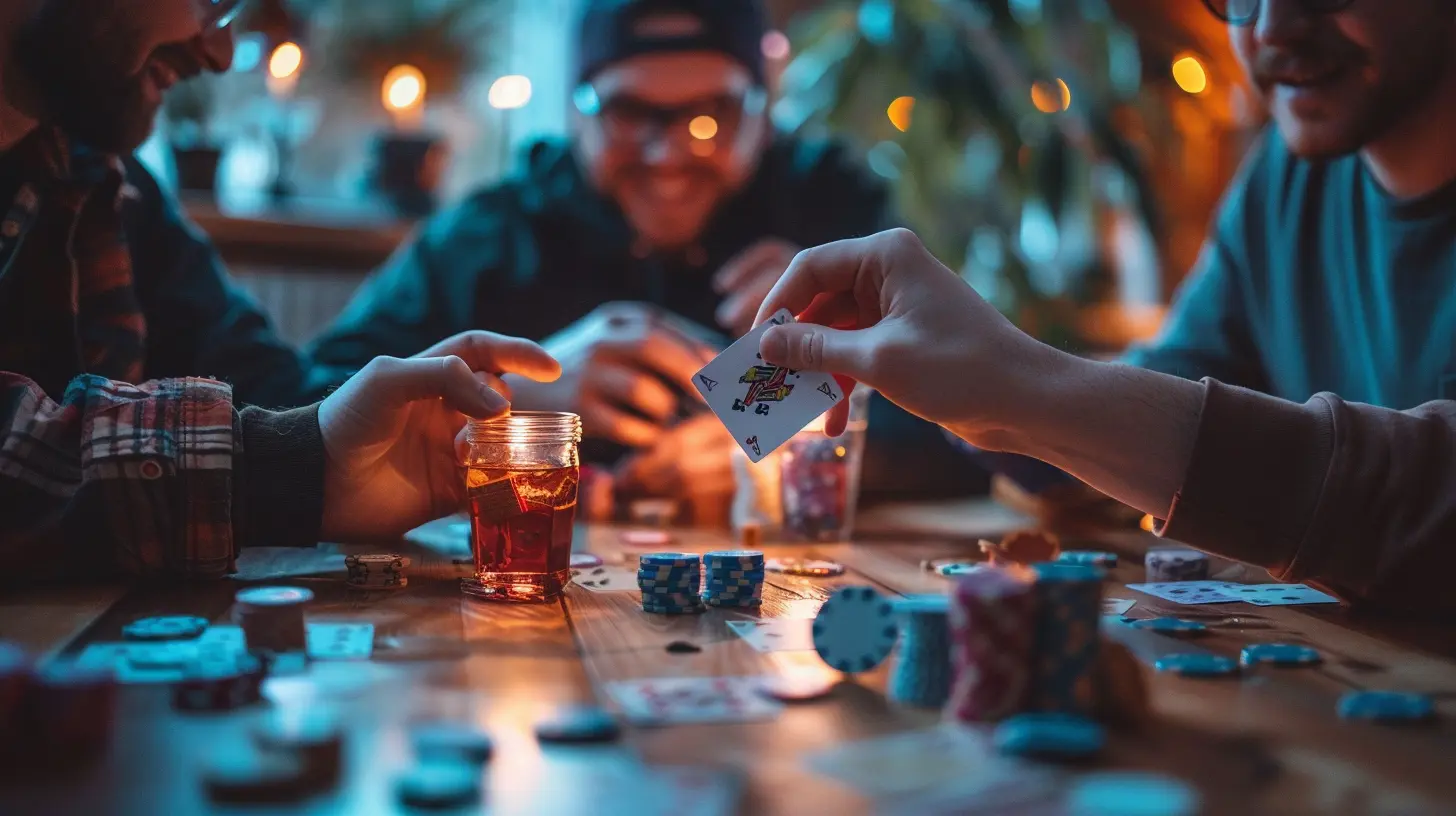
Why Group Decision-Making Matters
Let’s face it: whether you're planning a weekend getaway with friends or working on a team project at your job, group decision-making is part of everyday life. It’s how we share ideas, solve problems, and move forward without stepping on each other's toes. But here’s the catch—it’s rarely easy. You’ve got different opinions, clashing personalities, and sometimes not enough time to come to a perfect consensus.That’s where the relevance of gaming kicks in. Many modern games throw players into collaborative roles that demand planning, real-time communication, and—yep—group decision-making. So what if gaming is more than entertainment? What if it's boot camp for our brains?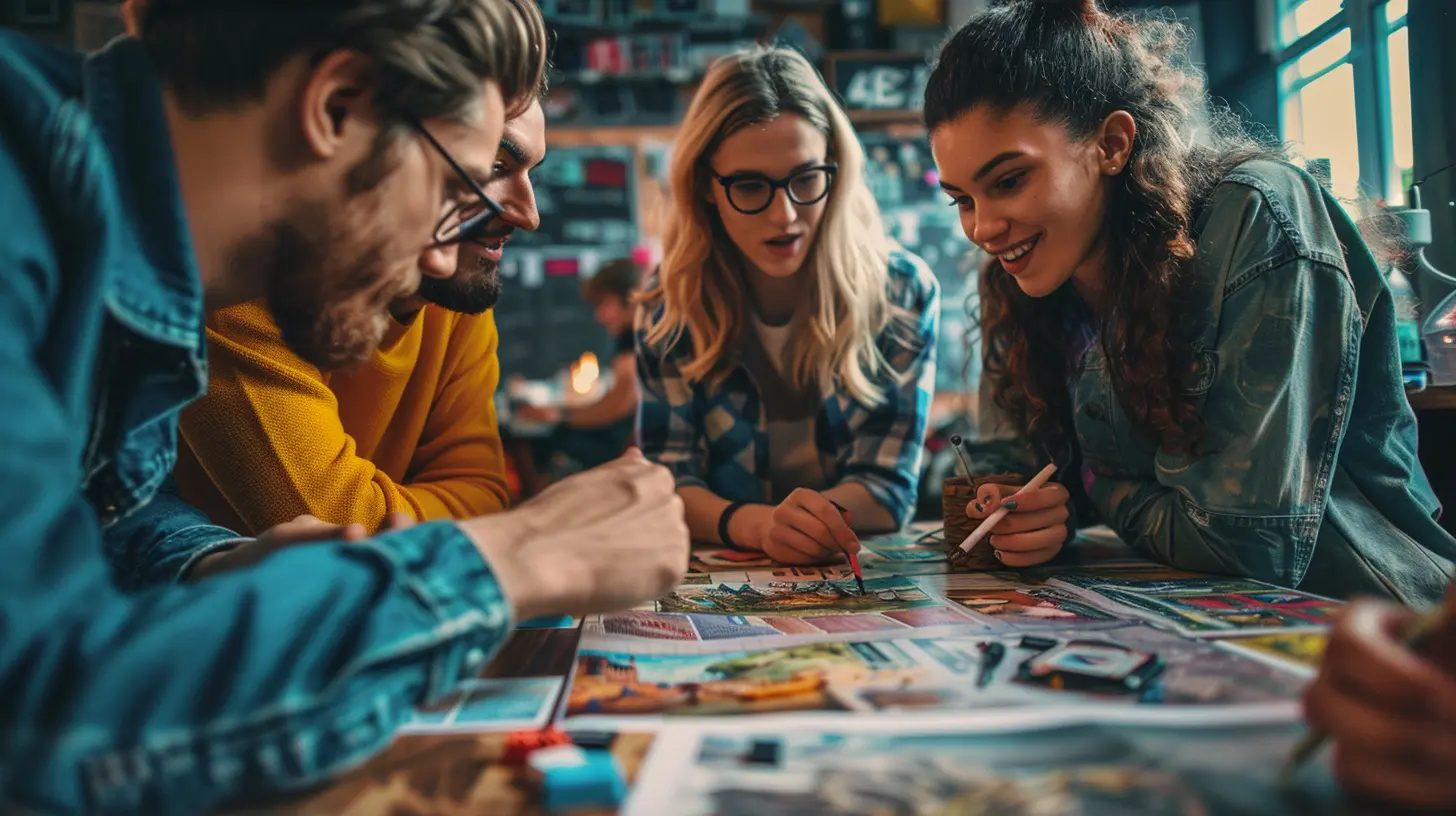
Gaming: The Unexpected Training Ground
Imagine a battlefield, not the one buried in dirt and smoke, but one made of circuits, scripts, and strategy. In this world, you and your teammates are thrown into a digital crucible where every choice could mean the difference between victory or starting over.Gaming trains players to analyze situations quickly, adapt to changing circumstances, and coordinate with others. It’s like the gym for your decision-making muscles—only instead of squats and deadlifts, you’re dodging enemy fire or managing resources across a galaxy.
In multiplayer games, your success often hinges on how well you gel with your squad. Whether you're storming a base in Valorant or managing power systems in Among Us, the decision-making is deeply collaborative and often high-stakes.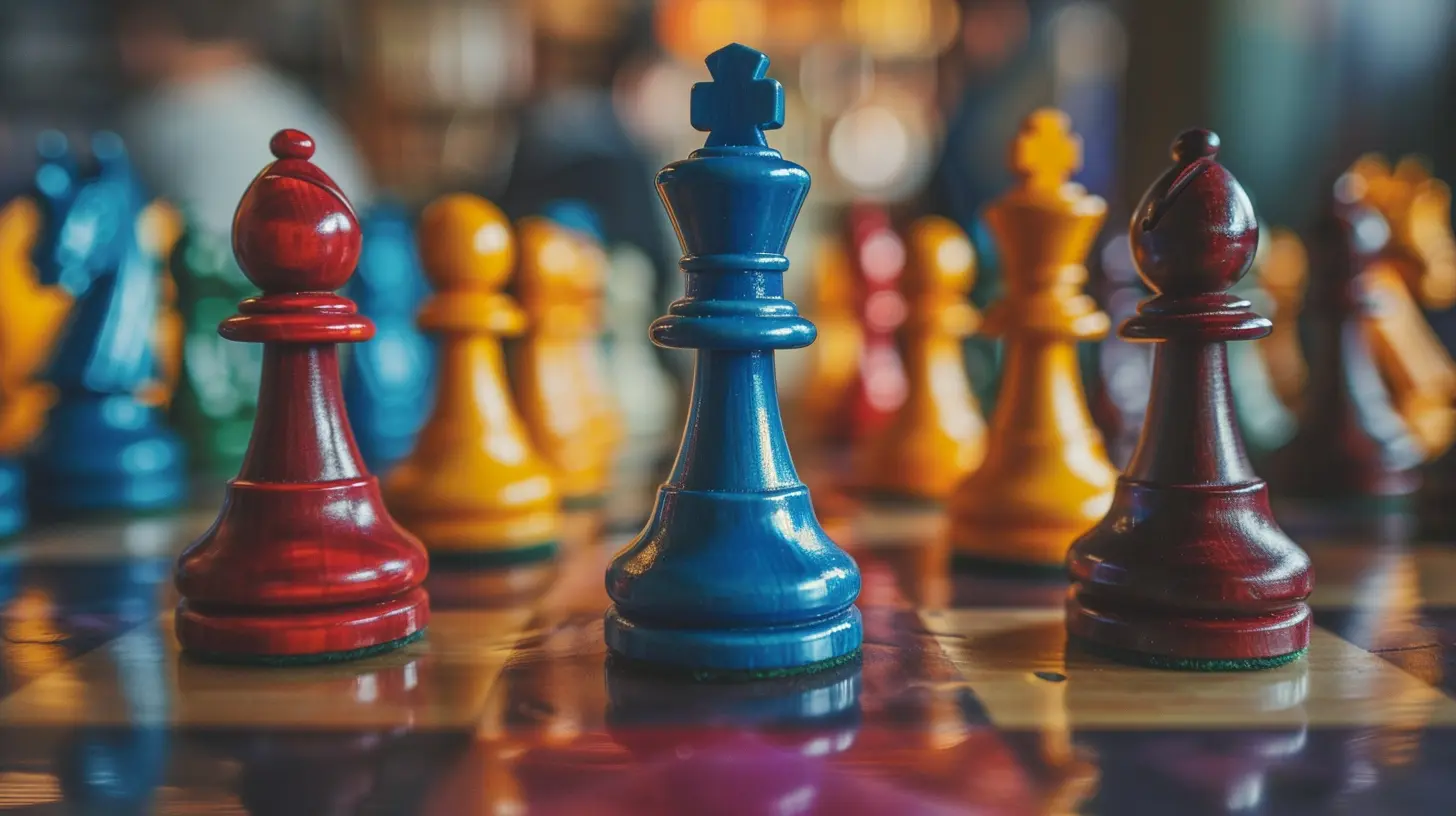
Types of Games That Promote Group Thinking
Not all games are created equal when it comes to collaboration. Some titles are practically clinics in tactical teamwork and negotiation. Let's break down the most group-focused genres:1. MMORPGs (Massively Multiplayer Online Role-Playing Games)
Think World of Warcraft or Final Fantasy XIV. You’re not just mashing buttons; you’re executing raid strategies, assigning roles, and syncing attacks with 20 other people. Talk about coordination!2. Real-Time Strategy (RTS) and MOBA Games
Strategy games like StarCraft or MOBAs like League of Legends require teams to make decisions on the fly—split-second choices that can change the entire course of the game.3. Co-op Puzzle Games
Titles like Portal 2 or We Were Here demand communication and joint problem-solving—great for strengthening those collaborative muscles.4. Survival and Sandbox Games
Minecraft, Rust, and Ark Survival Evolved push groups to make resource-based decisions in unpredictable, open-world environments.These genres teach players not only how to win but how to listen, adapt, and collectively decide.
Key Skills Gamers Develop in Teams
Ever notice how gamers tend to talk in rapid-fire dialogue while still coordinating perfectly? That’s because these games sharpen several core decision-making skills:💬 Communication
Games with voice chat or ping systems help players develop concise, effective communication. No one’s giving Shakespearean monologues mid-fight—clarity is everything.🧠 Strategic Thinking
Gamers quickly learn to weigh different options, consider trade-offs, and plan several moves ahead. It’s chess, but with grenades.🧩 Problem-Solving
Game scenarios are like intricate puzzles. Often, the best solution isn’t obvious and requires collective brainstorming.🕓 Time Management
When you’ve got 30 seconds to defuse a bomb in CS:GO, you learn to make good decisions—fast.🧍♂️ Empathy and Perspective-Taking
To win as a group, you have to understand each member’s perspective, anticipate their reactions, and build consensus. Sounds a lot like real life, doesn’t it?Psychological Aspects of In-Game Decision-Making
There’s a reason psychologists and researchers are paying more attention to gamers. Gaming immerses players into high-pressure environments that mimic real-world decision-making processes. According to studies, these scenarios can actually enhance cognitive flexibility—our brain’s ability to switch between thinking about different concepts or adapt to new rules.When we game in teams, we’re not just reacting—we’re analyzing behavior, predicting actions, balancing emotions, and weighing outcomes. It’s a full-on mental workout.
How Game Mechanics Simulate Real-Life Decisions
Game developers sneak in real-world dilemmas all the time. Ever had to choose between helping a teammate and chasing the win? That’s a moral and strategic conundrum right there.Let’s say you’re playing a heist mission in Payday 2. Do you take the stealthy route (time-consuming, but safer), or go loud and risk alerting the cops? The team has to vote, weigh the risks, assign roles, and react in real time when things inevitably go sideways. Suddenly, this isn’t just a game—it’s a crash course in risk management and group planning.
Case Studies: Games That Encourage Team Decisions
Let’s dig into some games that are basically university courses in disguise:🎮 Overwatch
Each team member plays a unique role—tank, support, or damage—and has to adapt their strategy based on both teammates’ and enemies’ actions. There’s no room for lone wolves here.🎮 It Takes Two
This co-op platformer requires two players to solve puzzles by using completely different skillsets. It’s a literal exercise in coordination and mutual understanding.🎮 Among Us
Beyond the memes and chaos, Among Us teaches players how to detect lies, gather information, and make group votes with limited data—skills that echo jury rooms and corporate boardrooms alike.The Business World is Taking Notes
You’ve probably heard that some companies use gamification in training, right? That’s not by accident. Businesses are catching on to the fact that the same skills used in gaming—decision-making under pressure, strategic prioritization, and cross-functional teamwork—are incredibly valuable in professional settings.Some forward-thinking organizations even use game simulations to train leadership or assess potential hires. Why? Because gaming strips away the formalities and shows how people really handle group challenges.
Can Gaming Improve Group Decision-Making IRL?
Here’s where things get juicy. While games won't magically solve every group conflict in your life, they can absolutely give you the tools to handle them better.Gamers who regularly engage in collaborative titles tend to:
- Make faster, more confident decisions
- Communicate more clearly under pressure
- Understand group dynamics and adapt to different personalities
- Remain calm in high-stakes situations
- Show resilience when things go sideways (and trust me, they often do)
Think about it—if you can keep your cool while coordinating a team of strangers in an intense match of Apex Legends, you can probably handle a team meeting that runs 15 minutes late.
Final Thoughts
Gaming isn’t just a leisure activity anymore—it’s a dynamic training ground that sharpens your mind and social skills. Especially when it comes to group decision-making, these digital playgrounds serve as labs where strategic thought and collaboration are constantly tested and refined.So the next time someone says you’re wasting time online, just smile and think about the sheer volume of strategic decisions, communication practice, and teamwork you’re getting in. Who knows? That raid coordination or clutch save might just be prepping you for your next big real-life decision.
all images in this post were generated using AI tools
Category:
Games And Social SkillsAuthor:

Aurora Sharpe
Discussion
rate this article
2 comments
Anabella Malone
Who knew that leveling up in co-op games also prepped us for real-life group decisions? Next time my friends argue over pizza toppings, I'll suggest a gaming session for democracy!
January 16, 2026 at 5:55 AM

Aurora Sharpe
Absolutely! Gaming not only enhances teamwork but also teaches valuable skills in negotiation and compromise that apply to everyday decision-making. Enjoy your pizza democracy!
Tamsin Acevedo
Great insights! Gaming truly enhances teamwork and decision-making skills effectively.
August 20, 2025 at 3:37 AM

Aurora Sharpe
Thank you! I'm glad you find the connection between gaming and teamwork valuable.


